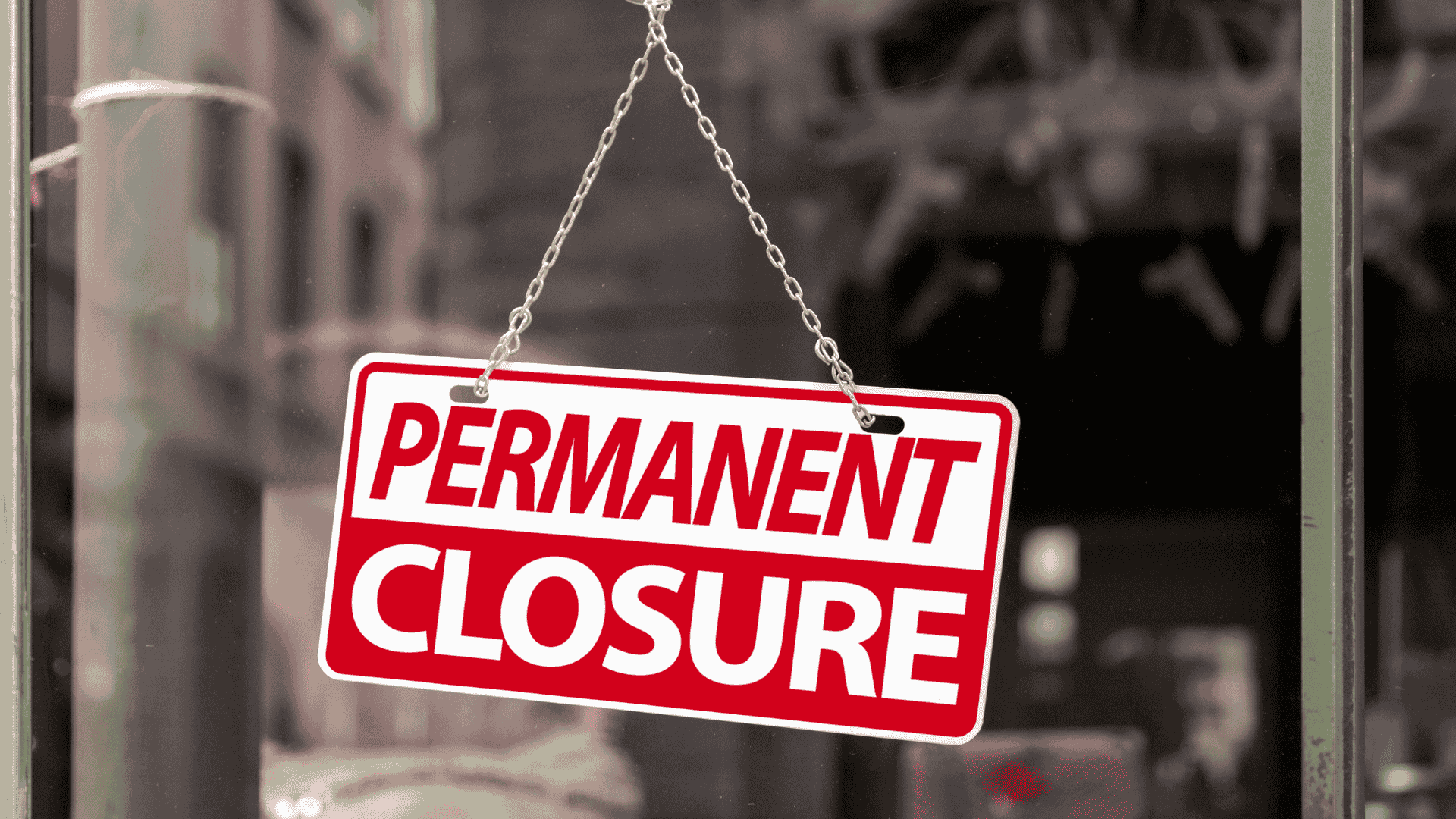Opening and closing checklists for restaurants can make the difference between an average and efficient service. Restaurant employees following an opening checklist can ensure stock is sufficient for a smooth day. Closing checklists can maintain cleanliness and improve efficiency for the next shift.
By implementing opening and closing checklists in your restaurant, you can set your restaurant manager and staff members up for a productive shift. The more streamlined your restaurant processes, the more opportunity you have to focus on improving sales and customer service.
What are opening and closing checklists?
A restaurant opening and closing checklist is a record of tasks assigned to staff members on opening and closing shifts. The lists can be paper checklists or digital checklists, submitted on a computer or tablet for ease. The lists cover everything from cleaning to food safety storage and team members tick off each item to prepare for their shifts.
What are the benefits of having an opening and closing procedures checklist?
Having clear processes and a checklist template in place allows all staff members to work together as a team to ensure a smooth operation. An opening and closing checklist can guarantee that no critical tasks will be missed or duplicated.
The benefits of an opening and closing checklist in the restaurant industry enhance the experience of managers, staff members in all departments and customers.
- Improve staff training - The hospitality industry has a higher turnover of staff than many industries. With clear and easy-to-follow opening and closing checklists, new employees can learn procedures with ease. You can save on resources by being able to onboard new members in a short time.
- Increase efficiency - An opening and closing checklist keeps your restaurant workstations clean, stocked and prepared for a busy service. Your employees can focus on speed and customer service with everything they need in the right place.
- Ensures food safety - Food safety is crucial for a successful restaurant. An opening and closing checklist promotes clean and sanitary kitchen stations, bar area and dining room. Keeping a record of cleaning procedures is essential for health and safety regulations.
- Reduce costs - Investing in your restaurant fixtures and fittings is a big cost. By implementing an opening and closing checklist, you can ensure your team members prioritise maintaining your equipment to increase longevity. Furthermore, a closing checklist template will include switching off electrics and lights to reduce utility costs. By implementing these best practices daily, you can reduce spending and increase profit margins.
- Enhance customer service - The more efficient your operations are, the better your customer service will be. Diners may have less time to wait for service and the cleanliness of your venue boosts satisfaction.
- Boost staff morale - An opening and closing checklist can reduce stress for staff members and ensure accountability for the whole team. Restaurant managers can be confident that team members will complete tasks and prepare for their day.
Who is a Restaurant Opening and Closing Checklist for?
You should create separate checklists for different roles in your restaurant, including:
- Restaurant Managers - including supervisors.
- Front-of-house staff - Bartenders, waiters, hosts etc.
- Back-of-house staff - Chefs, kitchen aids, dishwashers etc.
Restaurant opening and closing checklists for each department
Each role will have specific tasks to complete at the start and end of the day. By having separate opening and closing checklists, you can ensure each department keeps staff accountable for their efficient procedures.
Opening checklist for front-of-house
Opening checklists for front-of-house staff prioritise preparing the restaurant for customers. Typically, a restaurant opening checklist should include:
- Turn on lights
- Set table settings
- Adjust tables and chairs for dining booking sizes
- Restock tabletop items
- Fold napkins
- Clean all windows and surfaces
- Clean and sanitise bathrooms and refill items
- Stock glassware at all stations
- Prepare bar garnishes
- Fill ice stations
- Fill water pitches
- Top up any food display cabinets
- Prepare outdoor section
- Write down any specials on menu displays
- Turn on music
- Switch on the aircon or heating
- Open the restaurant door and switch the sign
Closing checklist for front-of-house
The front-of-house closing shift completes essential tasks to ensure the restaurant is clean and prepared for the next shift. Closing duties include:
- Clean glassware
- Restock bar fridges and spirits
- Safely store bar garnishes and perishables
- Clean beer taps
- Sanitise soda taps
- Wipe down bar
- Sanitise all tables
- Vacuum and mop all floors
- Take out trash and recycling
- Empty the coffee machine and clean all parts
- Clean bathrooms
- Flip chairs on tables
- Close all windows
- Switch off music
- Turn off the air conditioning or heating
- Turn off lights
Opening Checklist for Back of House Staff
Busy kitchen stations need to be as prepared as possible for a smooth operation. Efficiency is key to cooking and serving meals quickly and maintaining customer satisfaction. Keeping a restaurant opening checklist can also help to reduce unnecessary stress for BOH staff. The kitchen restaurant closing checklist should include:
- Sanitise all food preparation areas
- Chop fresh ingredients for stations
- Check the refrigeration and freezer temperatures
- Complete all food safety regulation tasks
- Restock pantry and fridges from incoming inventory
- Check prepped food against the booking capacity list
- Add kitchen tools to each station
- Turn on kitchen equipment
- Preheat ovens
- Communicate specials with all departments
Closing Checklist for Back of House Staff
A kitchen closing checklist is essential to ensure no team members miss food preparation tasks for the next day. A busy kitchen relies on planning and efficient inventory management. For a logical restaurant closing checklist, include:
- Take stock of inventory and complete orders
- Store leftover food stock and correctly date containers
- Rotate inventory
- Create a morning prep list
- Clean and sanitise all food prep areas
- Wash all cooking equipment
- Empty dishwasher
- Change fryer oil
- Clean down ovens
- Check the fridge and freezer temperatures
- Turn off all equipment, ovens and fryers
- Sweep and mop floors
- Check all appliances are off
- Take out trash and recycling
- Lock back doors
Restaurant manager's opening checklist
A restaurant manager's opening checklist should oversee all staff members and prepare everyone for the day ahead. The checklist should include:
- Review staff roster
- Sign off-menu items and daily specials
- Set restaurant goals for the day such as customer service or revenue
- Communicate with head chef for staff tastings
- Set staff meeting agenda
- Set up POS system and cash registers
- Check security system
- Answer emails
- Organise inventory management
- Pay bills
- Review equipment logs and make necessary maintenance appointments
Restaurant manager's closing checklist
Communication and logs are key for a restaurant manager's closing checklist to ensure the next day runs efficiently. Closing tasks should include:
- Check staff roster and make adjustments
- Review staff day clock-in and night clock-out times
- Log staff performance and make training notes
- Balance cash registers
- Run end-of-day reports on the POS system
- Lock POS system
- Tidy back office
- Enable security system
- Lock all doors
How can technology enhance your opening and closing procedures?
Restaurant technology should enhance efficiency and improve accuracy, which is the exact goal of an opening and closing checklist. Digital checklists can be more beneficial than paper checklists as you can update them easily, keep secure data logs and analyse reports.
Other restaurant technology can make your opening and closing processes run smoothly:
- POS Systems - With automated reports and balance checks, restaurant managers can close down tills and secure financial data in half the time of a manual system.
- Inventory management - Keeping records of inventory on paper is open to human error. Online inventory management can ensure opening and closing staff have accurate information.
- Reservation and table management - Knowing your bookings and table seating ahead of opening will allow staff members to ensure the dining room is set up accordingly.
ResDiary can improve the opening and closing workflow
ResDiary’s restaurant booking system can give a restaurant manager the most up-to-date and accurate booking information to plan ahead. The table seating plan allows staff members to visualise the dining room capacity and set up tables ready for opening.
With POS System and inventory management integrations, communication between BOH and FOH staff can be improved. Closing duties of checking inventory for the next day and balancing the tills is so much quicker with intuitive technology. Support your staff members with the very best software to ensure operations are efficient and stress-free.


.jpg)
